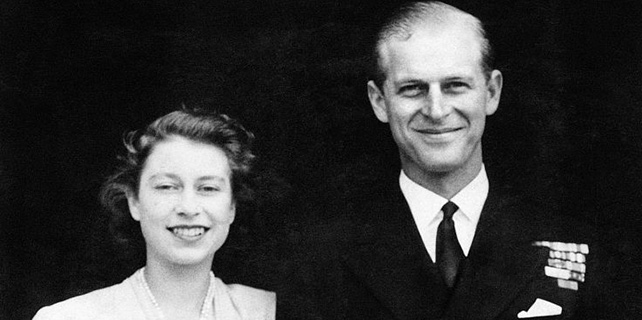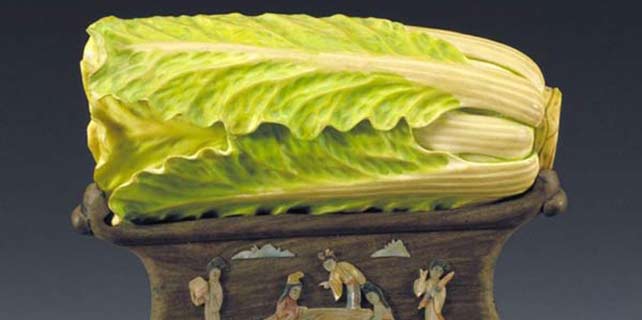Li signs 11 accords in Hungary state visit
China and Hungary signed 11 agreements to promote cooperation in fields such as e-commerce, tourism, education and smart cities as Premier Li Keqiang made his first visit to the European country as premier on Tuesday.
The signing was witnessed by Li and Hungarian Prime Minister Viktor Orban following the premier's participation in the sixth Meeting of Heads of Government of China-Central and Eastern European Countries in Budapest, Hungary's capital.
On Tuesday afternoon, the premier's state visit started with a 30-minute welcoming ceremony, during which a cavalry unit passed before the two leaders on a square in front of the Hungarian National Assembly building.
The two leaders have maintained frequent exchanges, as Orban was received by Li in Beijing in May during his visit to China and participation in the Belt and Road Forum for International Cooperation. Hungary also is one of the three countries with a comprehensive strategic partnership with China, following Serbia and Poland.
"Hungary is one of the most beautiful countries I've ever visited and has achieved 4 percent economic growth, which is an extraordinary accomplishment for a country with about $20,000 of GDP per capita," Li said when meeting the media with Orban.
Li said China has a huge market and is a new generator of economic growth, and the two countries should view each other's development as an opportunity.
Their bilateral trade maintained double-digit growth last year amid a sluggish global economy and China's imports from Hungary increased by 20 percent, the premier said. The first three quarters of this year saw China import more from Hungary than it exported to the country.
Hungary attracts about one-third of the Chinese investments in CEE nations and China will continue investing in its partner to create more jobs and bring it advanced technologies and management experience, Li said.
Last year, bilateral trade increased by 10.1 percent year-on-year to $8.89 billion, making Hungary the third-largest trading partner in Central and Eastern Europe for China, according to the Economic and Commercial Counselor's Office at the Chinese embassy in Budapest.
Hungary was China's largest source of imports last year among CEE countries. The EU member's exports to China were up by 20 percent to $3.46 billion in 2016, the office said. China's exports to Hungary were up by 4.4 percent last year.
"We want balanced trade and hope Chinese consumers will enjoy more diverse products," the premier said. "Hungary and China have had long-term connections in history. We are willing to establish higher-education institutions together and encourage each of the peoples to travel to the other country."
The Hungarian prime minister said China's 6 percent to 7 percent economic growth means it has enormous production capacity and will import more goods from other countries.
"Chinese enterprises have made investments all over the world, and many countries want to participate in China's economic growth. Hungary is the largest destination for Chinese investments in Central and Eastern Europe, and we will provide an inviting environment for investors," Orban said.
huyongqi@chinadaily.com.cn


















